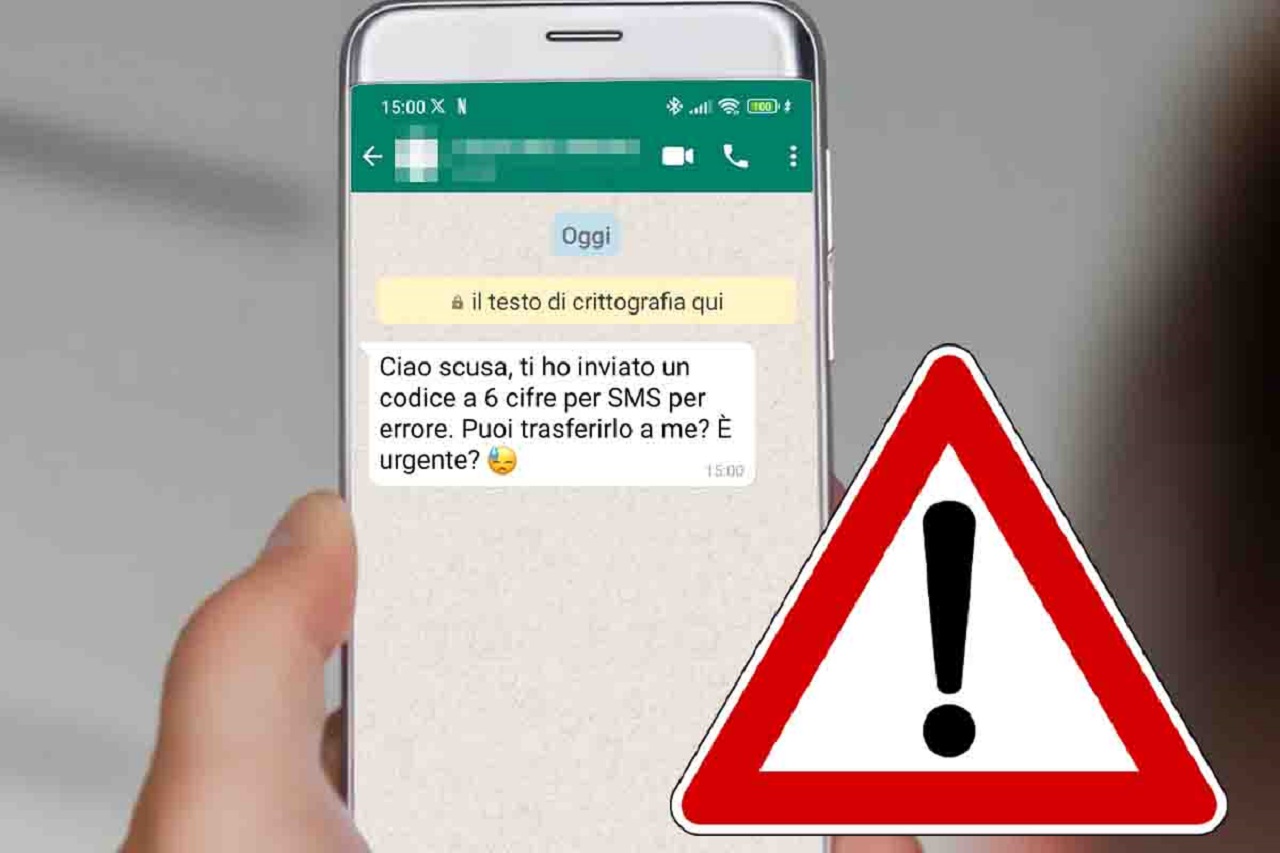The so-called “six-digit” scam on WhatsApp is back: it usually starts with a user requesting to send a verification code that was forwarded by mistake
The so-called scam “six-figure” on WhatsApp would return cyclically on users’ chats. It consists of receiving a message that can come from any contact, friend, relative, family member, inspirer of absolute trust, but that you haven’t heard from for a while and that says exactly like this:
“Hi, I sent you a code by mistake, could you resend it to me?”
And that’s what happened, for example, to a user who revealed that he had received a message from a girl he had met years ago with whom he had done volunteer work: “I haven’t seen her for a while, we don’t usually write to each other.” At the same time, he received a message on his cell phone with a code to recover his account: six figures.
This is a code very similar to those usually received to confirm an account on a platform. The user in question, thinking it was a mistake, actually resent the code as requested. From that moment on, however, was no longer able to access your WhatsApp account.
The Six-Figure Scam on WhatsApp: What Is It?
Once the six-digit code of the account is forwarded, the system that sent the SMS immediately takes over the identity of the WhatsApp account. From that moment on, no user can log in. And not only that: users cannot even log in to WhatsApp Webor the version of the platform that you access directly from the browser.
Getting back into your account becomes quite difficult. In fact, at every attempt, the application asks a new entry codecontinuously inserted by the software that has taken over the account.

Every time you try to log into your WhatsApp account, this is the error screen that appears:
“You have reached the maximum number of attempts. Please wait for a new code. Try again in 11 hours and 27 minutes.”
A time that varies based on the time elapsed since the last attempts made.
Who’s Behind the Six-Figure Scam?
Contrary to what you might think, the six-figure scam circulating on WhatsApp is not about hackers interested in stealing users’ sensitive data. In reality, it is simply a malware that act automatically.

These malware infect an account, steal all the data from other accounts and then, starting from that account, attack others. And it seems they are also becoming particularly sophisticated, capable of asking a user a selfie to verify that the request is true.
#WhatsApp #beware #scam #reply #message #happen
